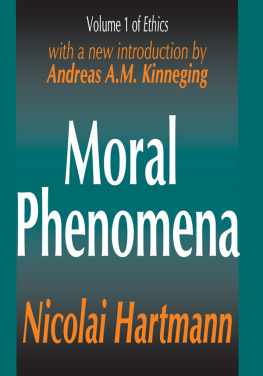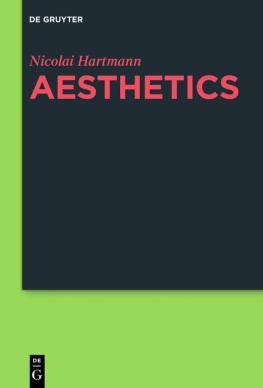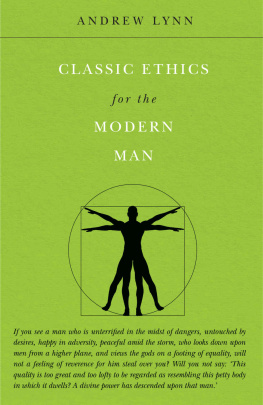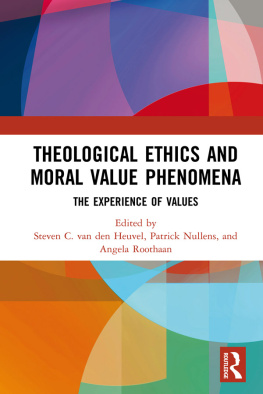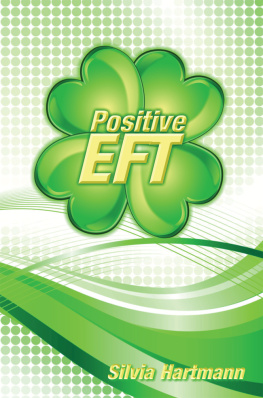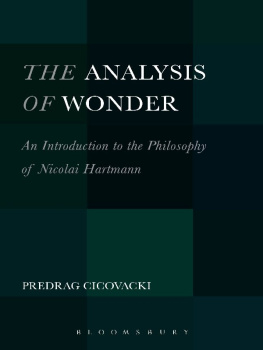Table of Contents
Moral Phenomena
Library of Conservative Thought
Americas British Culture, Kirk
Authority and the Liberal Tradition, Heineman
A Better Guide Than Reason, Bradford
Burke Street, Scott-Moncrieff
The Case for Conservatism, Wilson
Cline, Hindus
Character and Culture, Babbitt
Collected Letters of John Randolph to John Brockenbrough, Shorey
Conservatism: Dream and Reality, Nisbet
A Critical Examination of Socialism, Mallock
Edmund Burke: Appraisals & Applications, Ritchie
Edmund Burke: The Enlightenment & Revolution, Stanlis
The Essential Calhoun, Wilson
The Foundations of Political Science, Burgess
Ghosts on the Roof, Chambers
The God of the Machine, Paterson
A Historian and His World, Scott
Historical Consciousness, Lukacs
I Chose Freedom, Kravchenko
I Chose Justice, Kravchenko
Irving Babbitt, Literature, and the Democratic Culture, Hindus
The Jewish East Side 1881-1924, Hindus
Law Without Force, Niemeyer
Lord George Bentinck, Disraeli
The Moral Foundations of Civil Society, Roepke
Moral Phenomena, Hartmann
Moral Values, Hartmann
Natural Law, dEntrves
On Divorce, de Bonald
Orestes Brownson, Kirk
The Phantom Public, Lippmann
Political Philosophy and Cultural Renewal:
Collected Essays, Wilson
Politics of the Center, Starzinger
Regionalism and Nationalism in the United States, Davidson
Rousseau and Romanticism, Babbitt
The Social Crisis of Our Time, Roepke
Tensions of Order and Freedom, Menczer
The Vision of Richard Weaver, Scotchie
The Voegelinian Revolution, Sandoz
We the People, McDonald
Originally published in 1932 by The Macmillan Company
Published 2002 by Transaction Publishers
Published 2017 by Routledge
2 Park Square, Milton Park, Abingdon, Oxon OX14 4RN
711 Third Avenue, New York, NY 10017, USA
Routledge is an imprint of the Taylor & Francis Group, an informa business
New material this edition copyright 2002 by Taylor & Francis.
All rights reserved. No part of this book may be reprinted or reproduced or utilised in any form or by any electronic, mechanical, or other means, now known or hereafter invented, including photocopying and recording, or in any information storage or retrieval system, without permission in writing from the publishers.
Notice:
Product or corporate names may be trademarks or registered trademarks, and are used only for identification and explanation without intent to infringe.
Library of Congress Catalog Number: 2001053504
Library of Congress Cataloging-in-Publication Data
Hartmann, Nicolai, 1882-1950.
[Struktur des ethischen Phnomens. English]
Moral phenomena : volume one of Ethics / Nicolai Hartmann ; with a new introduction by Andreas A. M. Kinneging.
p. cm.(Library of conservative thought)
Originally published: Vol. 1 of Ethics. New York : Macmillian, 1932, in series: Library of philosophy. With new introd.
Includes bibliographical references and index.
ISBN 0-7658-0909-5 (pbk. : alk. paper)
1. Ethics. I. Title. II. Series.
BJ1012.H342 2002
170dc21 2001053504
ISBN 13: 978-0-7658-0909-4 (pbk)
DURING his lifetime, Nicolai Hartmann (18821950) was widely regarded as one of Germanys most distinguished philosophers. His works were widely discussed, and he figured prominently in various well-known general overviews of contemporary philosophy.
How to explain this decline in interest? After WW II, both in the English-speaking world and on the European continent, philosophical currents have come to the fore that are antithetical to Hartmanns philosophical position. Most of these fashionable currents are either strands of subjectivism and relativism in the broadest sense of the word, or strands of materialism and empiricism. Little of it is really newmost of it a reiterationwith marginal modifications of views originating in the nineteenth century.
The subjectivist and relativist currents are all heirs to a modern, post-Kantian idealism, subscribing to the idea that our knowledge of the world is mediated by categories or language posited by man, or alternatively, by the culture one belongs to. Knowledge of the world is always knowledge of what it is for us. The world in itself is unknowable or even non-existent.
The various types of materialism and empiricism are successors to nineteenth-century positivism as developed by Comte, Mill, and Mach, and continued by the Vienna circle, or in a very different vein, successors to Marx and Freud. Notwithstanding the vast differences between the views grouped together here, they all reduce the world to that which is given by the senses: physical, material reality. All agree that spiritual and mental phenomena are nothing but manifestationsepiphenomenaof what are essentially physical, material things or events. And all agree that this world of physical, material things and events is governed by deterministic causal laws.
Hartmanns philosophy is developed in conscious and explicit opposition to both idealism and materialism and empiricism in their original nineteenth- and early twentieth-century shape. Since most of the fashionable currents in philosophy in the second half of the twentieth century are heir to these earlier ideas, it is no mystery why Hartmann has been relatively neglected in the past half century.
At the same time, however, this demonstrates Hartmanns importance to us. Here we have a philosopher who struggled with two views that, in different clothing but in essence unchanged, still dominate the philosophical landscape and are both unsatisfactory, one because of its subjectivism and relativism, and the other because of its reductionism and determinism. If these really are the only options we have of rationally making sense of the world, we are in the unenviable position of having to choose between the devil and Beelzebub. Hartmanns philosophy is an effortone of the most impressive yetto overcome this unpleasant dilemma.
I. LIFE, WORK, INFLUENCES
Nicolai Hartmann was born in Riga, the capital of Latvia, which was at the time part of the Russian Empire, on the twentieth of February 1882. His parents belonged to the large German community that lived in the Baltic states at the time. He studied medicine in Dorpat (the present Tartu, Estonia) for a year, but then changed to St. Petersburg to study philosophy and classical philology. He stayed there from 1903 to 1905. Then he moved to Marburg, fleeing from the political upheavals in St. Petersburg. Hartmann remained in Marburg until 1925, interrupted only by four years of military service from 1914 until 1918. He studied with the neo-Kantians Hermann Cohen and Paul Natorp. In 1909 he became Privatdozent, in 1920 Extraordinarius, and in 1922 was appointed Ordinarius as successor to the chair of Natorp.
In 1923 Heidegger became Hartmanns colleague in Marburg, but a fruitful discussion between the two never ensued, if only because their daily schedule was incompatible. At five oclock in the morning, when the lights in Heideggers house were turned on, they were turned off at the Hartmanns, as a result of which one jokingly spoke of the actuality of the philosophia perennis in Marburg. When Heideggers charisma drew more and more students away from Hartmann, and he was exposed to malicious attacks by the students of Heidegger, Hartmann gladly accepted a call to Cologne. Here he taught from 1925 until 1931, when he was appointed to the most prestigious chair in philosophy in Germany, at the University of Berlin.

